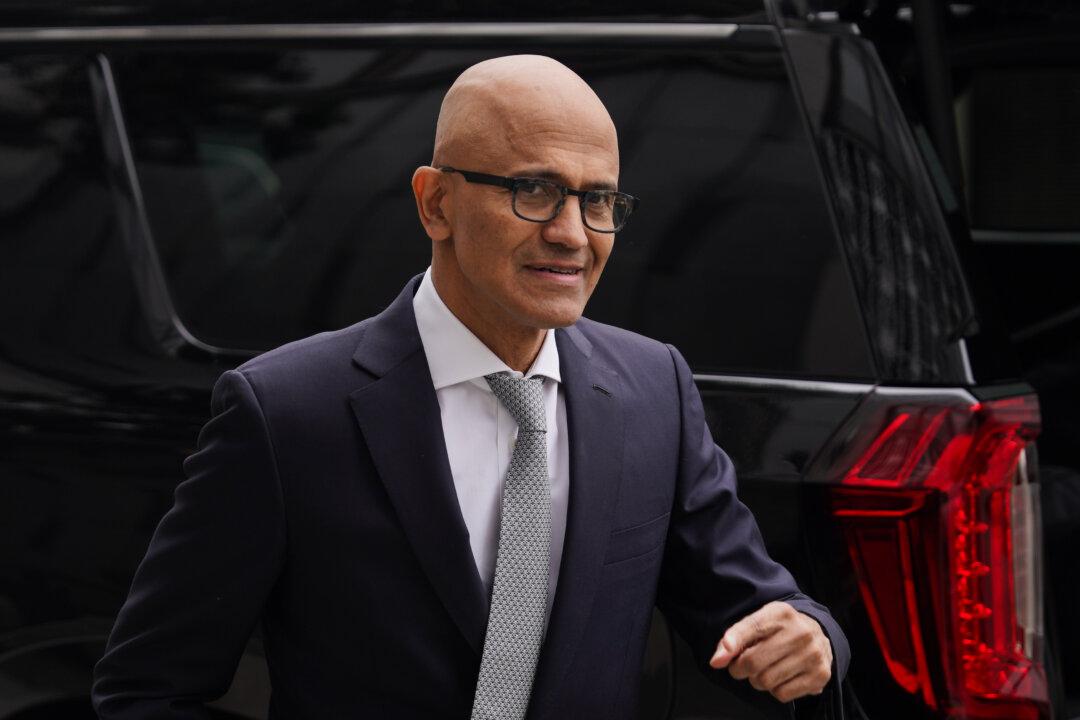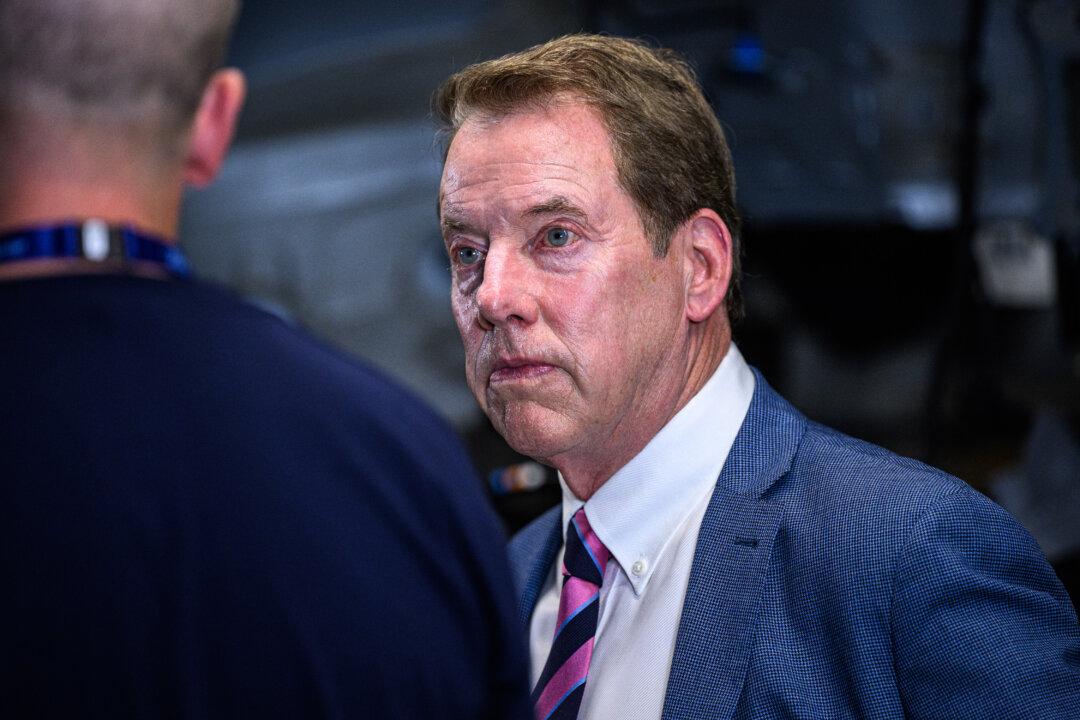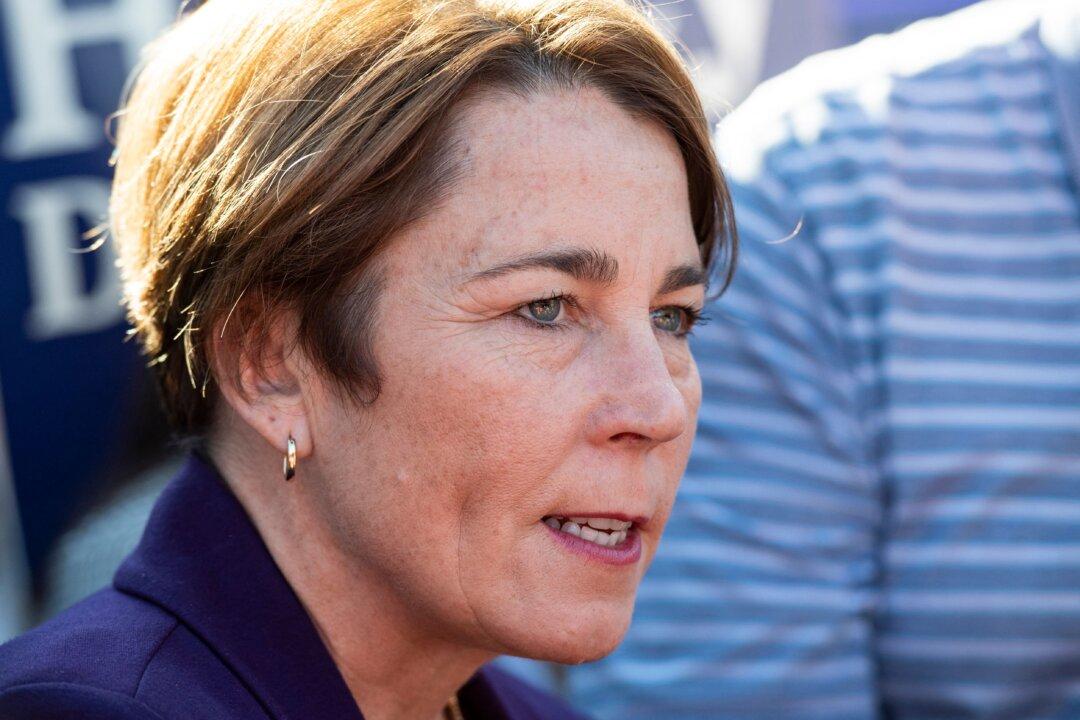Microsoft CEO Satya Nadella testified on Oct. 2 in the Department of Justice’s (DOJ) antitrust trial against Google, and took a stand that there is an uneven playing field in the online search industry.
The trial is the part of an ongoing civil antitrust suit against Google filed in 2020 by the DOJJ alleging Google for monopolizing search and search advertising. Mr. Nadella said in the courtroom that Google has created significant challenges for Microsoft and other tech players, hindering its ability to compete effectively in the search engine industry, according to multiple media reports.




